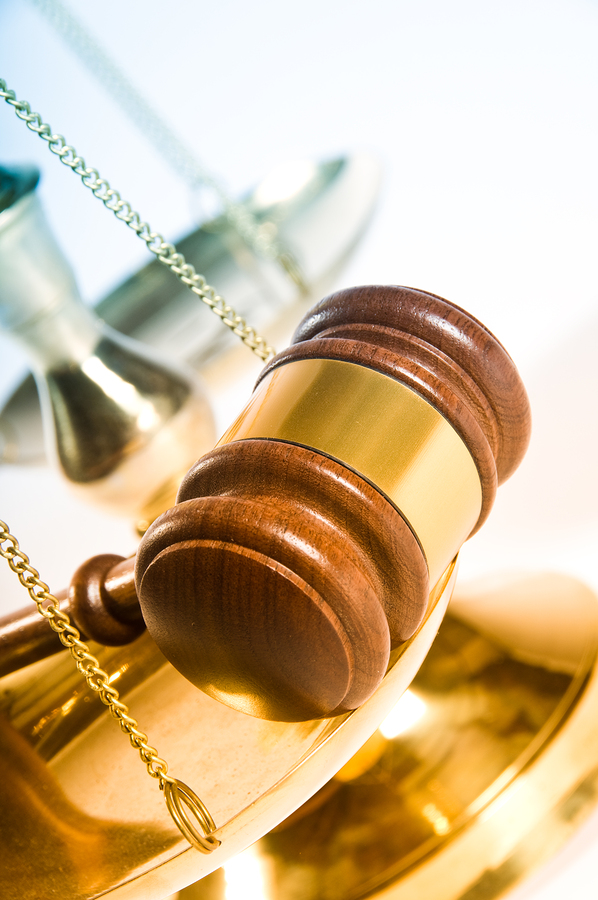
A three-member panel of the U.S. Court of Appeals for the 9th Circuit reversed a district judge's ruling that the group, Americans for Prosperity Foundation, does not need to submit a list of its donors to a state registry.
Charities are required to report their donors to the Internal Revenue Service, but the information is kept confidential from the public. California requires charities to report the same information to the state attorney general that it does to the IRS.
A spokesman for the foundation said it "intends to continue doing all it can to ... protect the important constitutional rights at stake" and plans to "seek further review," but did not specify whether the group will take the case to be reviewed by a larger circuit court panel or by the U.S. Supreme Court.
"We are disappointed by the Ninth Circuit's latest decision and believe it imperils people's First Amendment right to freedom of speech and of association," AFP Foundation spokesman Bill Riggs said in a statement.
The ruling comes amid the pending Senate confirmation vote of President Donald Trump's nominee to the Supreme Court, Brett Kavanaugh. Legal experts say Kavanaugh's views align with the high court's conservative majority, which has found that restrictions on campaign spending conflict with First Amendment rights to free speech.
The case could test the ability of state agencies to compel nonprofits to disclose the identities of their donors, particularly ones that are tied to "social welfare" nonprofits, commonly referred to as "dark money" groups by critics, that have proliferated since the 2010 Citizens United decision. One such group is Americans for Prosperity, the main political arm of the influential Koch network. AFP Foundation, a sister organization, is a charity that focuses on education and research.
"I think the decision is appallingly wrong," said David Keating, president of the nonprofit Institute for Free Speech, which opposes limits on political speech. "Basically, the panel is saying there's no right to privacy in California if you speak on anything. The implications of that are pretty chilling and pretty stunning."
California Attorney General Xavier Becerra said in a statement that the reason for the state's disclosure requirement "is simple: Our mission is to protect Californians who donate their hard-earned dollars to charity. Charities operating in California must not engage in fraud or unfair business practices."
AFP Foundation previously argued it had filed annual paperwork without a donor list for nearly a decade before the state enforced the requirement in 2013. Foundation officials said they believed the office's requirement was political, aimed at the Koch donor network because of its support for conservative causes.
In 2016, a district court judge sided with the Koch group, saying the disclosure requirement created a chilling effect for donors and infringed on their First Amendment rights, and that there was ample evidence that state officials have made "careless mistakes" handling confidential donor information.
In Tuesday's ruling, Judge Raymond Fisher disagreed with AFP Foundation and with another conservative group, the Michigan-based Thomas More Law Center, which pursued a parallel case over the requirement. A representative for the center did not immediately respond to a request for comment.
Fisher ruled that collecting the donor information is in the state's interest and does not create a burden on donors' First Amendment rights because it is "collected solely for nonpublic use, and the risk of inadvertent public disclosure is slight."
Fisher acknowledged that some donors may be deterred from contributing to the charity as a result of the requirement, but said it would result in a "modest impact on contributions."
State officials have taken steps to "prevent human error," in order to protect donors' confidentiality, the judge wrote.
(COMMENT, BELOW)


 Contact The Editor
Contact The Editor
 Articles By This Author
Articles By This Author